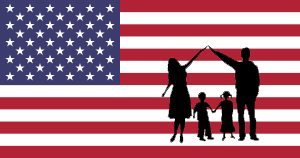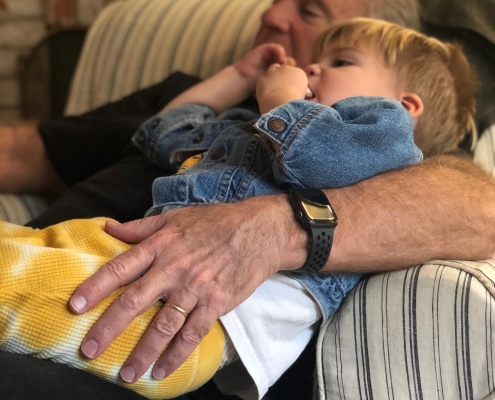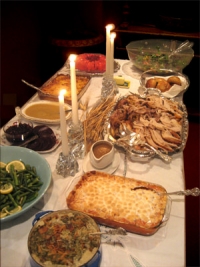Tag Archive for: simplification

One Foot In Front of the Other
It's hard to be happy all of the time.
People say I’m an optimist… and, by most accounts, including my own, I would have to agree. Some days however, getting out of bed is not something that I look forward to. On those days, life is…

Patriotic Parenting – Making America Great Again
Do it by raising great children. A “great” country needs great citizens… and building great citizens begins with focused and responsible parenting. Here are 5 ways that I believe patriotic parents can raise intelligent, inspired…

Post Inauguration Parenting – 8 Simple Tips
After saying farewell to President Obama, one of the best parenting examples I could have ever wanted, I, like many others am dealing with the inauguration of President Trump. I am optimistic that the enormous responsibility the…

Grandparenting
Well. It happened. We became grandparents at the end of December.
Of course, nothing went according to plan. We were expecting this grandson after The Holidays - in early January - right about now. We were mentally preparing…

Prescription For a Happy Thanksgiving
There’s been a lot of complaining going on recently… the unknown (election), the weather (extreme), the world (wars, immigration, Brexit).
It’s so bad even Kanye can’t handle it.
But tomorrow is Thanksgiving, and earlier today I decided…

The Homework Heretic
It’s back-to-school time and homework is in the news. Mrs. Brandy Young, a brilliant second-grade teacher in Godley, Texas sent a note home to parents explaining that her students would have no “formally assigned” homework this year.…

Tyrants, Toddlers, and Trump
I know a number of people who have toddlers that they describe as “difficult.”
These children have been complicated from the start. As tiny tyrants, they’ve spit out their food, pounded the table, or thrown tantrums unabated…

Self-Respect – A Key Parenting Ingredient
Teaching our children respect for others starts with teaching them respect for us, and this can be done without sacrificing our children's individuality or personal development. First, we have to believe in the importance of our role as parents,…

Three Important Parenting Questions
As JoAnn and I began navigating the parenting waters, we found that, in the process of defining our values, we were also determining some basic rules for running the family ship "our way." These were our first three basic questions:
Is…

38 Years Later…What’s the Marriage Secret?
Today my wife, JoAnn, and I are celebrating the thirty-eighth anniversary of our marriage. I’m not bragging… frankly, I’m amazed.
Everyone asks, “What’s the secret?” I'll attempt to explain in a moment.
Now that we have grown…
